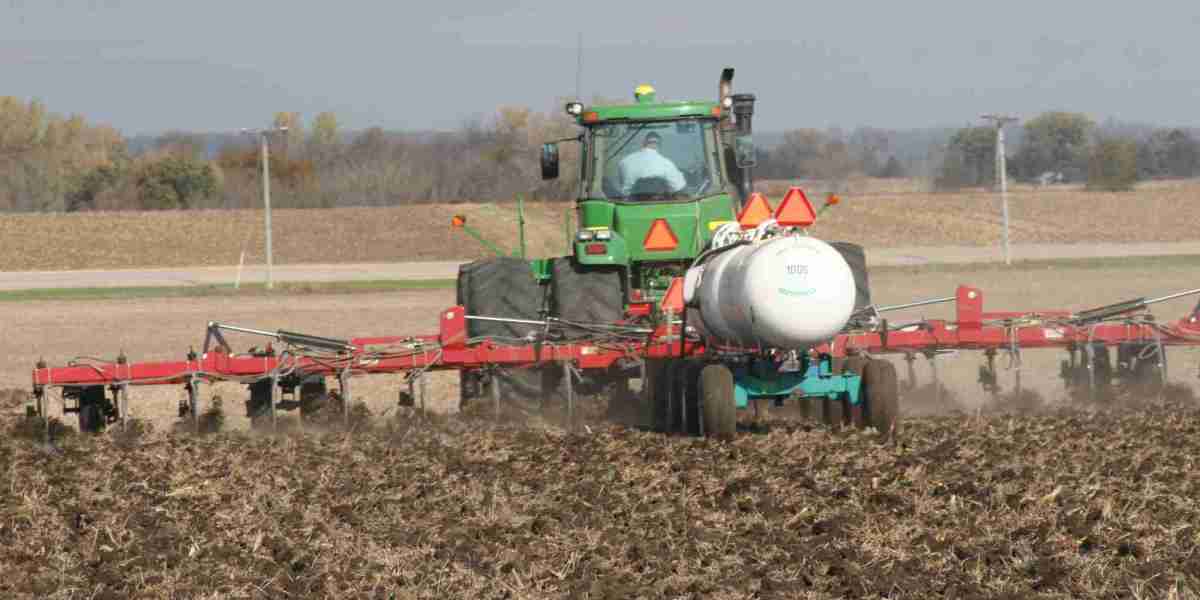Start With the Groundwork: What Farmers Are Dealing With
Across Pakistan, especially in Punjab’s fertile plains, farmers face a constant uphill battle. Soil exhaustion, unpredictable weather patterns, and inconsistent crop yields are everyday realities. Traditional methods, though dependable for decades, are no longer delivering the results they used to. Modern agricultural needs demand modern solutions, but many farmers are unsure where to begin or who to trust.
And that’s where products like fauji fertilizer in okara quietly become game changers. These solutions aren’t just about putting something in the ground—they’re about giving the land exactly what it needs to bounce back, stay productive, and keep delivering season after season.
The High Cost of Doing Nothing
Letting soil conditions deteriorate while hoping for a miracle season rarely ends well. Low fertility levels mean lower yields, and with rising input costs, every seed and drop of water has to count. Over time, untreated or poorly treated land leads to:
Nutrient deficiencies that weaken crops and reduce market value
Greater vulnerability to pests and diseases
Overdependence on chemical inputs that damage the soil further
Reduced profits—and in some cases, complete crop failure
Skipping timely care doesn’t just impact the land—it hits farmers where it hurts most: their income and food security.
What to Expect When You Call in the Experts
Working with agricultural service providers isn’t just about buying a bag of fertilizer or some seeds. It’s a whole process tailored to make your field perform its best. Here's what typically happens:
Soil Analysis & Consultation: A professional will start by testing your soil and assessing crop history, irrigation, and problem areas.
Customized Plan: Based on the results, they’ll design a plan that includes exactly what your land needs—nothing more, nothing less.
Product Selection: From quality fertilizers to targeted pest controls, you'll get access to the right combination of tools and treatments.
Guided Application: Many services now offer on-ground support to help with correct application timings and techniques.
Ongoing Support: Season-long guidance means you’re never alone, especially during critical growth stages or emergencies.
This level of service makes a huge difference in turning underperforming fields into productive land again.
Why Professional Help Pays Off
While it might seem cheaper to stick to older methods or skip services altogether, in the long run, expert agricultural guidance actually saves money and boosts yields. Here's why:
Less Guesswork: Experts eliminate trial and error by using data-driven plans.
Improved Yields: Balanced nutrition and healthier soil lead to more robust crops.
Sustainability: Prevents long-term damage to land and groundwater.
Peace of Mind: You’re not alone in figuring it all out—support is just a call away.
Adaptability: You’ll learn how to adjust methods based on season or crop.
Choosing the Right Agricultural Partner
With so many products and service providers available, picking the right one can feel overwhelming. Here’s what to consider when choosing:
Track Record: Look for companies with a solid history of helping farmers in your area.
Transparency: Pricing, services, and products should be clearly explained.
Customized Approach: One-size-fits-all advice rarely works in farming. You want someone who adapts to your land’s needs.
Support System: Can you call for help during the season? Is training or follow-up available?
Product Quality: Whether it’s a fertilizer or a seed, quality makes a difference. Ask where the products are sourced from and how they're tested.
Smart Tips to Keep Soil in Shape
Even when you’re working with experts, there’s a lot you can do on your own to keep your land healthy. These simple practices go a long way:
Crop Rotation: Avoid depleting soil by rotating between legumes, cereals, and root vegetables.
Organic Matter: Use compost and farmyard manure to boost organic carbon levels.
Cover Crops: In off-seasons, plant crops like clover or rye to protect and enrich soil.
Proper Irrigation: Overwatering is just as harmful as underwatering—opt for drip or furrow systems if possible.
Timely Nutrient Use: Learn your crop’s growth stages and apply inputs accordingly.
Regular Soil Testing: A yearly test can reveal early signs of deficiencies or imbalances.
Incorporating these tips into your routine makes expert services even more effective.
The Next Big Step: Enhancing Nutritional Balance
As awareness grows, more farmers are paying attention not just to soil health but also to crop nutrition. This is where micronutrients come into play. These aren’t just buzzwords—elements like zinc, boron, and manganese can drastically improve yield quality, root development, and disease resistance.
Mid-season applications of foliar micronutrient blends have helped countless farmers achieve better fruiting, stronger stems, and longer shelf life. The key is to balance macro and micro elements for a truly productive crop cycle.
Ready to Level Up Your Fields?
You work hard, and your land should work just as hard for you. Whether you're managing a few acres or running a larger operation, now’s the time to invest in what really matters: soil health, smart input strategies, and expert support. Get in touch with a trusted local provider who understands the specific challenges and opportunities of farming in Pakistan.









